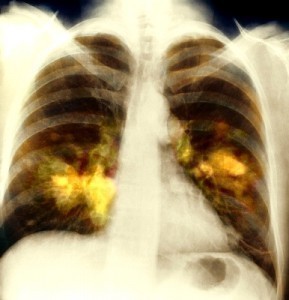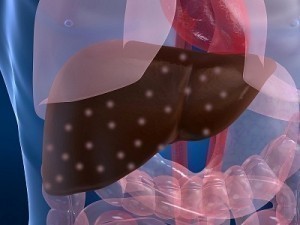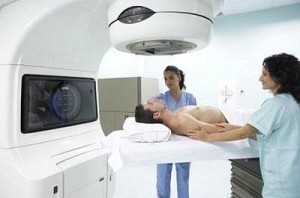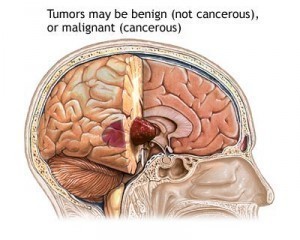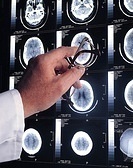Lung Cancer Symptoms
Lung cancer is a chronic and life-threatening disease that is characterized by the uncontrolled growth of cancer cells in any part of the lungs. If the condition is not treated immediately, the cancer cells may invade and spread to the other parts of the body, which is referred by medical practitioners as metastasis. The early diagnosis of this health condition is very significant to enhance the quality of life of patients. In addition to this, it is also important that patients consult with medical experts as soon as they experience the early lung cancer symptoms. Above all, to know the effective treatments for this condition, patients should undergo medical diagnostic procedures recommended by their physicians.
Lung Cancer Signs
The minor symptoms or signs of this serious disease include pain in the abdomen, chest pain, loss of appetite, fatigue and cachexia. In addition to these, patients also experience dysphonia, dysphagia, chronic coughing and hemoptysis. In terms of the major symptoms, patients can experience the syndrome of inappropriate antidiuretic hormone or hypercalcemia. Other major signs of the illness are sudden change in the sweating patterns, weakness of the muscles in the hands as well as eye muscle disorders. To increase the chances that the disease will be treated, patients are advised to seek immediate medical attention at the onset of these symptoms.
Lung Cancer Diagnosis
To confirm if patients have lung cancer, health professionals use sophisticated and advance technology to diagnose the location as well as the size of the tumor or tumors that caused the disease. One of the most popular diagnostic tests performed by medical experts is the chest radiograph. If physicians cannot see tumors in the results of the radiograph but they have suspicion that a patient may be suffering from the illness, they can recommend other diagnostic procedures such as a computed tomography scan as well as bronchoscopy.
Lung Cancer Treatment
To treat this serious disease, physicians recommend different treatment options. Patients with stage I to stage III cancer can undergo surgical procedures so that surgeons can remove tumors in the lungs. However, patients with stage IV lung cancer are usually advised to undergo chemotherapy or radiotherapy. Other effective treatments that patients can try if they want to remove the tumors and cancer cells in their lungs include radiofrequency ablation and targeted therapy. Some of the medicines recommended by oncologists to patients who prefer to undergo the targeted therapy are bevacizumab, carboplatin as well as paclitaxel.
For more information on Lung Cancer Symptoms read:
